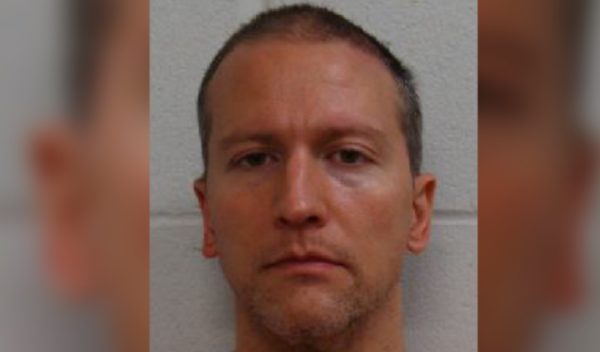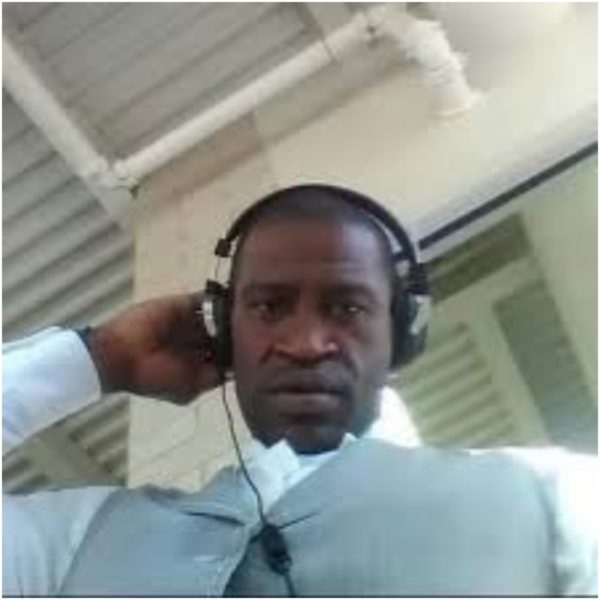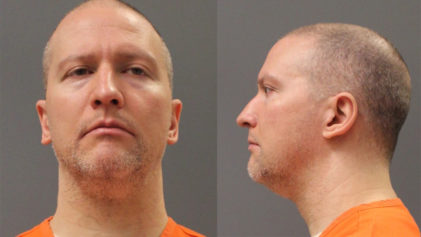The trial for Derek Chauvin, the former Minneapolis policeman facing murder and manslaughter charges in the death of George Floyd, won’t be moved out of the county or delayed, a judge announced Friday.
After the Minneapolis City Council announced last week that it had unanimously decided to pay Floyd’s family $27 million in a massive settlement, Chauvin’s attorney Eric Nelson requested the trial be halted or moved, claiming the timing of the settlement jeopardized his client’s chance for a fair trial by tainting the jury pool.

But Hennepin County Judge Peter Cahill ruled Friday not to delay the trial or move it out of the county.
The trial is set to begin on March 29 with opening statements, some 10 months after Chauvin knelt on Floyd’s neck for nearly nine minutes before he died.
Cahill called the timing of the massive settlement “unfortunate” but said delaying the trial would only worsen the issue of pretrial publicity. He added that moving the trial elsewhere in the state wouldn’t be beneficial because all of Minnesota has likely been exposed to extensive coverage of Floyd’s death.
However, the judged also ruled in the defense’s favor when he decided to allow the jury to hear evidence related to Floyd’s 2019 drug arrest. Originally, Cahill said evidence related to the prior arrest would not be permitted, but he reconsidered the matter after drugs were found in the police SUV officers attempted to put Floyd into during a second search in January.
The defense claims Floyd’s drug use played a role in his death.
The medical examiner ruled the death a homicide caused by a combination of the officers’ use of force and the presence of fentanyl and methamphetamine in Floyd’s system, saying Floyd suffered “a cardiopulmonary arrest while being restrained by police.”
Cahill will also allow evidence related to Floyd’s physical health including a dangerously high blood pressure reading from a 2019 examination by a paramedic.
“Clearly there is a cause of death issue here, and it is highly contested,” Cahill said, adding that both arrests involved 46-year-old Floyd’s cardiac problems and ingesting drugs.

Evidence about Floyd calling out for his mother before he died, which Cahill called “emotional behavior,” will not be allowed at the trial.
Cahill also, for now, rejected the state’s request to allow psychiatrist Sarah Vinson to testify that Floyd’s behavior during the arrest was normal for a person under stress rather than an instance of faking claustrophobia or resisting arrest by not getting into the police vehicle.
The process of seating a complete jury is set to wrap up near the end of March. So far, 13 jurors have been seated. Seven are white, four are Black, and two are multiracial, according to the court. Court will resume Monday to pick two more jurors for a total of 15.
The juror seated Friday is white woman in her 50s who needs to learn more about the case and said she hasn’t seen police use more force against Black people than white people.
“If you’re not listening to what the commands are, obviously something else needs to happen to resolve the situation,” she said of officers’ actions. “I don’t know how far the steps need to go.”
Three other former Minneapolis officers will stand trial in August in Floyd’s death on charges of aiding and abetting second-degree murder and manslaughter.


